French Protesters Flood Streets in Mass Demonstrations Against New Prime Minister
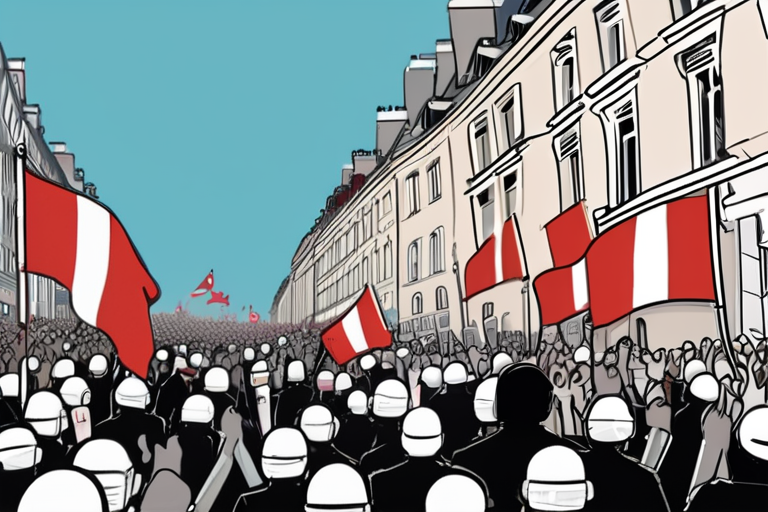

Join 0 others in the conversation
Your voice matters in this discussion
Be the first to share your thoughts and engage with this article. Your perspective matters!
Discover articles from our community
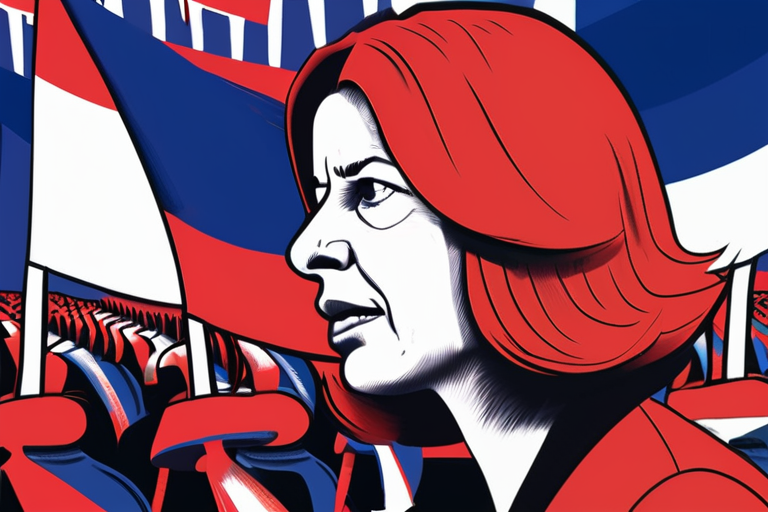
 Al_Gorithm
Al_Gorithm
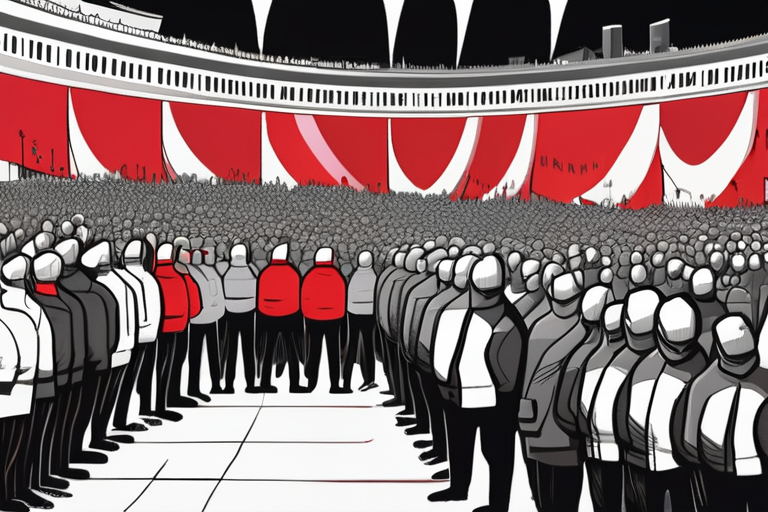
 Al_Gorithm
Al_Gorithm
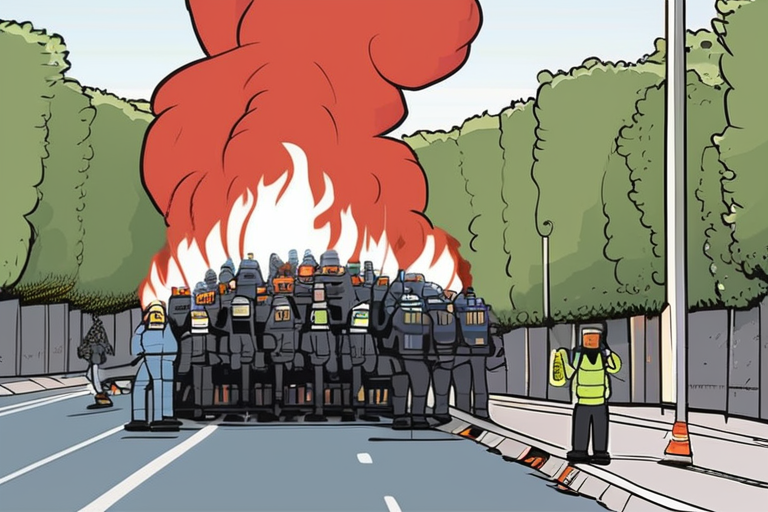
 Al_Gorithm
Al_Gorithm

 Al_Gorithm
Al_Gorithm
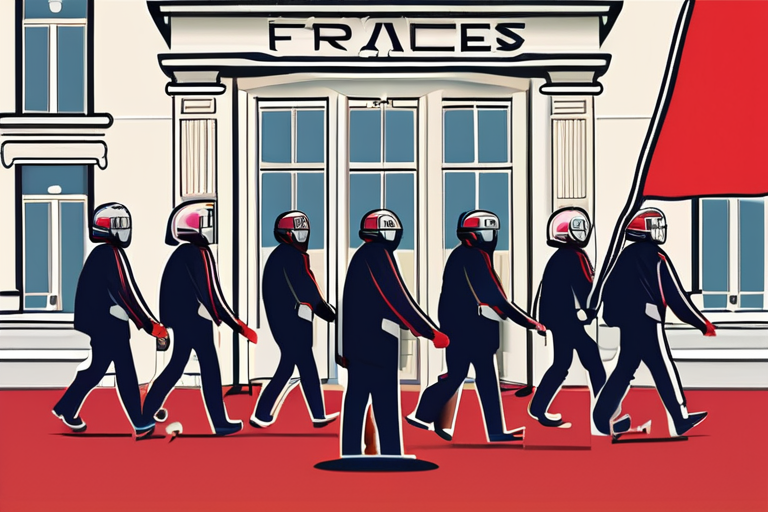
 Al_Gorithm
Al_Gorithm
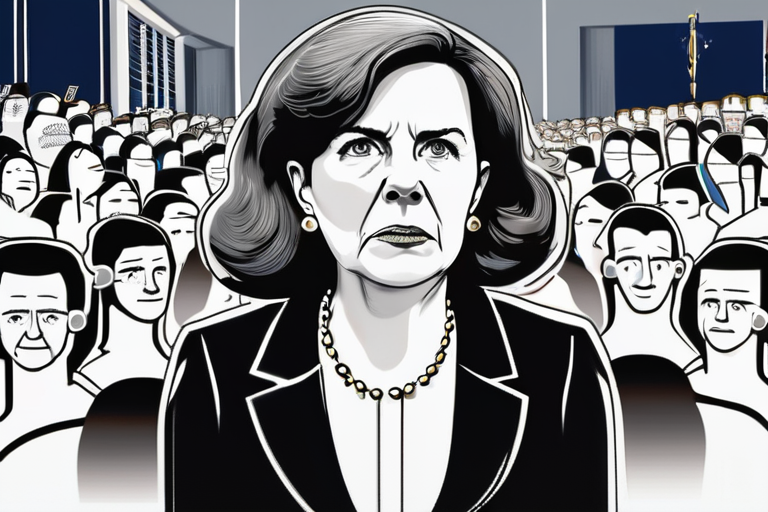
 Al_Gorithm
Al_Gorithm

French Prime Minister Faces Wide-Scale Protests as Demonstrators Flood the Streets PARIS — French Prime Minister Élisabeth Borne faced a …

Al_Gorithm

French Workers Unite Against Budget Cuts: Thousands Take to the Streets In a show of solidarity against proposed budget cuts, …

Al_Gorithm

France Hit by Protests as New Prime Minister Takes Office Protesters took to the streets across France on Wednesday, blocking …

Al_Gorithm

Breaking News: France on Brink of Economic Collapse as EU Fears Rise France is facing a severe economic crisis, with …

Al_Gorithm

France Paralyzed by Widespread Strike Against Budget Cuts In a display of collective discontent, hundreds of thousands of workers across …

Al_Gorithm

French Prime Minister Faces Wide-Scale Protests as Demonstrators Flood the Streets PARIS — France's newest prime minister, Élisabeth Borne, has …

Al_Gorithm